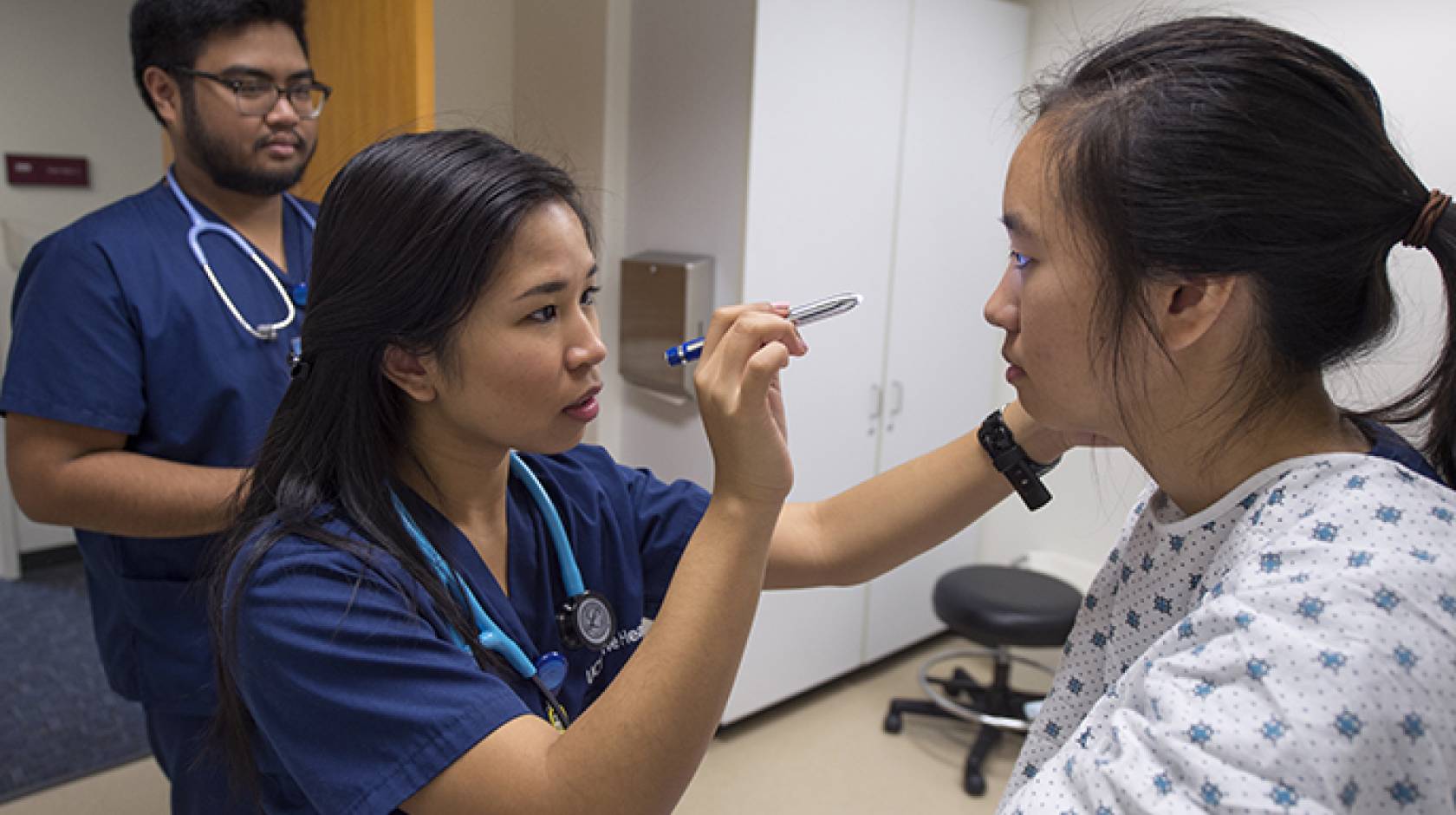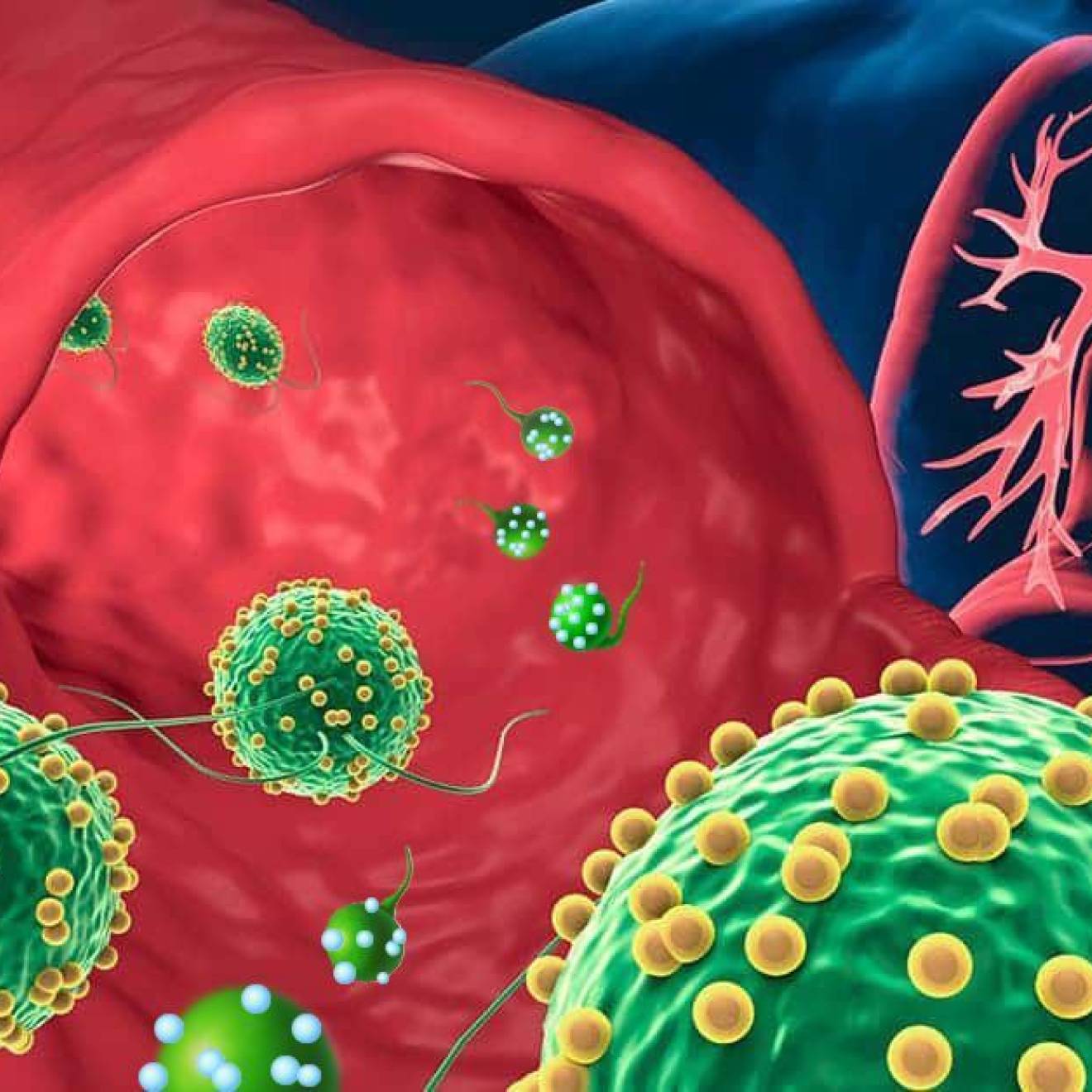Tom Vasich and Janet Wilson, UC Irvine

The University of California Board of Regents today (Jan. 26) approved creating a nursing school at UC Irvine from its highly ranked nursing program. Thanks to a $40 million gift from the William & Sue Gross Family Foundation, the school will grow rapidly to address a nationally identified need for 1.2 million new nurses in the next five years. As baby boomers grow older and veteran caregivers and professors retire, California and other parts of the Southwest are already seeing shortages.
“The campus has long desired to have our nursing program become a school, and we are thrilled that the day has come,” said UC Irvine Chancellor Howard Gillman. “A terrific combination of public and private support will ensure a top-quality education for many more talented students – and enable us to hire nursing field leaders to train them – to help fill the pipeline of prepared healthcare professionals.”
The foundation gift, the largest in UC Irvine history, will fund construction of a state-of-the-art building, dramatically increasing classroom and research space. The Sue & Bill Gross School of Nursing also plans to double faculty size and student enrollment and to expand nurse-managed community clinics. It becomes UC's fourth nursing school and 18th health professional school.
The regents’ vote affirms the excellence of UC Irvine’s nursing science curricula, which has earned a remarkable reputation since it began in 2007. NurseJournal.org named it one of the top 10 programs in the western United States, and its nurse practitioner faculty is consistently ranked in the country’s top 25. It’s the only public nursing program in the prestigious Association of American Universities.
“I am honored to take the helm of a school where illustrious faculty and staff have rapidly pushed the nursing program to new heights,” said founding Dean Adeline “Adey” Nyamathi, who arrived at UC Irvine this month. “Emboldened by the mission of significantly building our research capacity with a focus on real-world solutions and training of the next generation of compassionate nurse leaders, we will embark on the development of a top-ranked school of nursing.”
As associate dean and distinguished professor in the UCLA School of Nursing, Nyamathi led multidisciplinary investigators on more than a dozen federally funded studies related to HIV/AIDS, tuberculosis and hepatitis. Her domestic research has centered on Los Angeles’ Skid Row among homeless and previously incarcerated populations. She has also worked with women living with AIDS in rural India.
The UC Irvine nursing school’s overall enrollment will double in the next decade, from about 200 to about 400 students. Its highly selective current program – which offers bachelor’s, master’s and doctoral degrees – admitted just 3.6 percent of freshman applicants in 2016. Nursing – along with the School of Medicine, the Department of Pharmaceutical Sciences and the Program in Public Health – is now part of UC Irvine’s College of Health Sciences.
“Under the leadership of Dean Nyamathi and an accomplished faculty, the School of Nursing is poised to achieve extraordinary things,” said Howard J. Federoff, M.D., Ph.D., vice chancellor for health affairs and CEO of UC Irvine Health. “The school will take innovative approaches to preparing nurses to care for tomorrow’s patients; it will train nursing leaders in academia, research and clinical care; and it will help set the course for the future of health sciences education and collaboration among professionals across the healthcare spectrum.”
Students in the competitive but tightknit program were overjoyed by the news. “Woo-hoo! We deserve it. UCI is a very different type of program. I love it,” said Bernadette Abadilla, 20, a junior in nursing science. She and her classmates eagerly await a new, state-of-the-art simulation center, which will include high-fidelity manikins and other equipment that will aid their education in an important field. “We’re the main connection to the actual patients,” she noted.
“It’s a good thing. We’re getting the recognition for a rigorous program and definitely getting the word out that more people are needed,” said Jon Frigillana, 21, who’s also working on his bachelor’s degree. “Nurses are the lifeblood of the health care industry.”
 UC Irvine's new nursing school will help fill a critical need.
UC Irvine's new nursing school will help fill a critical need.Credit: UC Irvine

